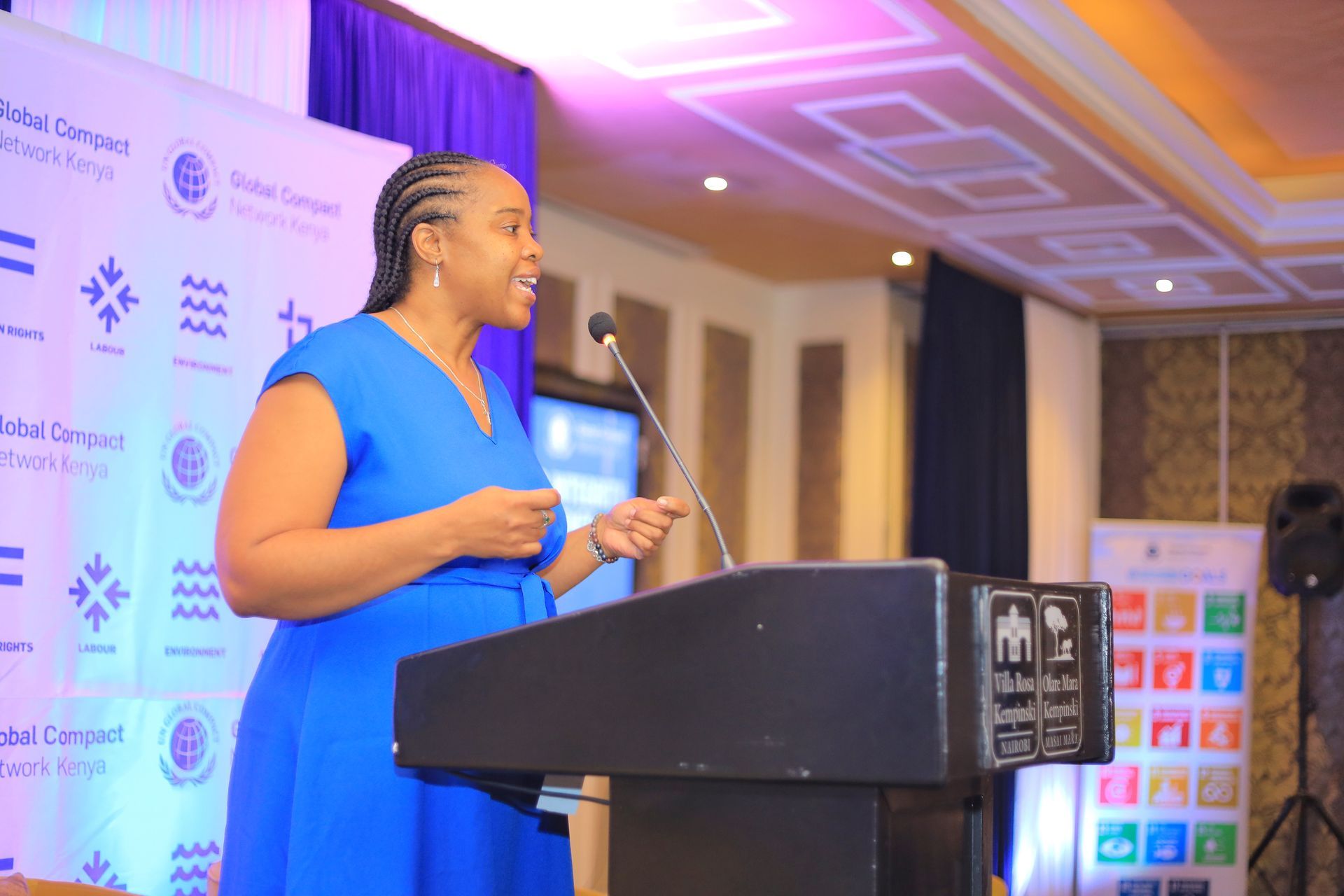Spreading The Power Of Ethical Business Practices In Kenya

“In our environment, corruption means individuals benefiting at the expense of everyone else, making business more expensive and jeopardizing the quality of services for customers and the community,” she said.
‘’Corruption is something that affects everybody. It's a global problem. It's neither black nor white. It has many gray areas,” she added.
She said she has seen firsthand the impact of the Code of Ethics initiative at Safaricom, the largest telecommunications provider in Kenya, and on the broader community.
The fight is not an easy one, she noted.
‘’Did we lose business? Absolutely. There were vendors within our supply chain who possessed valuable skill sets that we would have liked to collaborate with,” she said.
“However, because they were unwilling to align with our shared ethical values, we were left with no option but to cease doing business with them.”
The impact of the anti-corruption efforts has reached beyond company walls, encouraging businesses to engage with their suppliers, customers and partners in ways that promote shared values, according to Mwenesei.
"We engage with our suppliers, with our customers, with our business partners to make sure that the values we hold dear are shared across the board," she commented.
Kenya Commercial Bank Group signed the Code of Ethics in 2016, driven by a need to establish a clear framework that guided the behavior of its employees and management.
The Code guides them to make decisions that are lawful, ethical and respectful, ensuring fair outcomes for customers, colleagues, partners and stakeholders, and it encompasses elements such as personal conduct, integrity, honesty, transparency, accountability and fairness, the bank said.
The bank has used the Code in its supply chain, where it said about half its suppliers have committed to a Supplier Code of Conduct, and more than 80 per cent have signed onto the Code of Ethics.
It said it also uses the Code in prioritizing purchases from local businesses. In 2023, local suppliers represented 78 per cent of its total procurement expenditure.
The initiative behind the Code has grown stronger with collaboration with organizations such as the Kenya Association of Manufacturers, Kenya Private Sector Alliance and the Ethics and Anti-corruption Commission, giving Mwenesei high hopes.
"You can imagine if companies like Safaricom and the entire manufacturing industry made the same commitment, … how far would we go,” she said.

